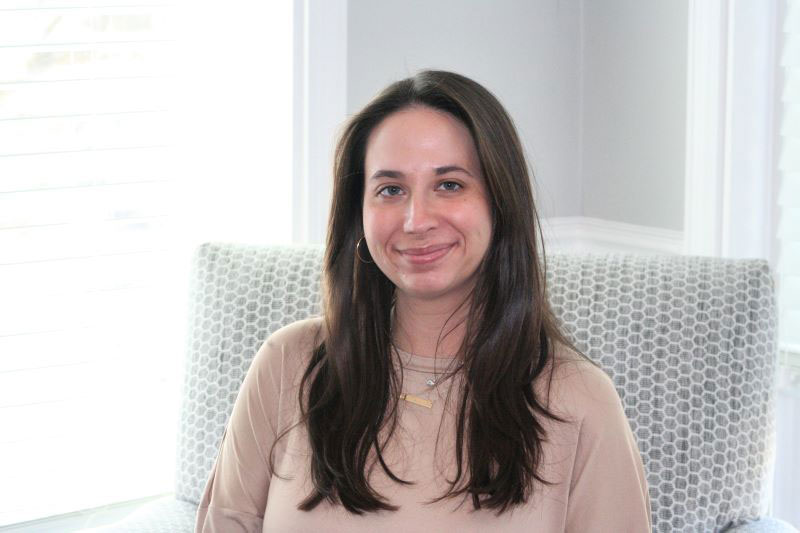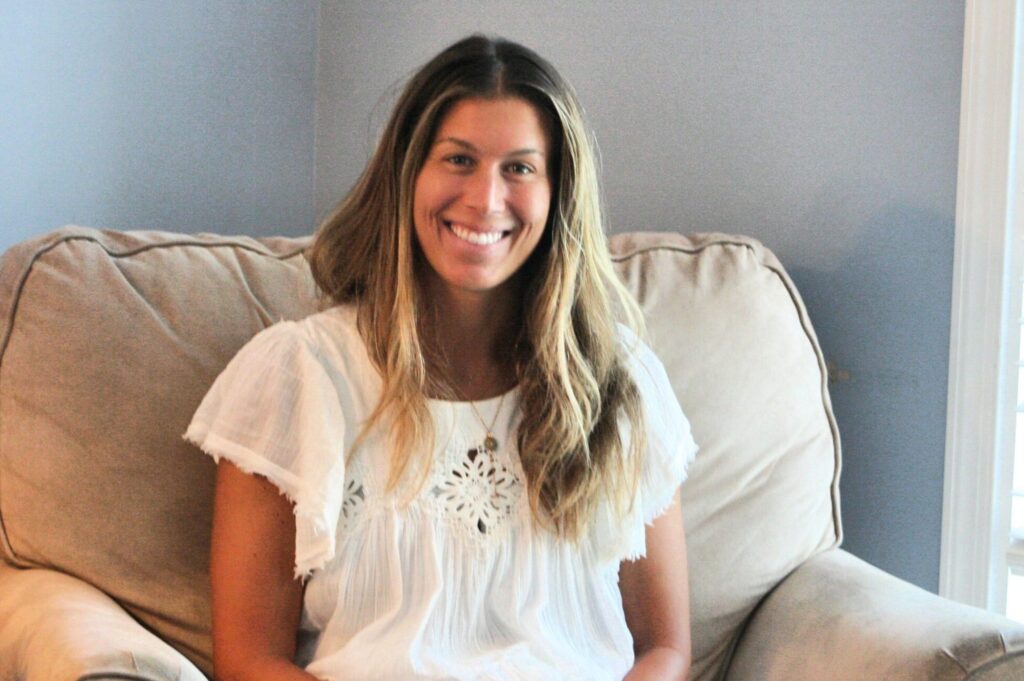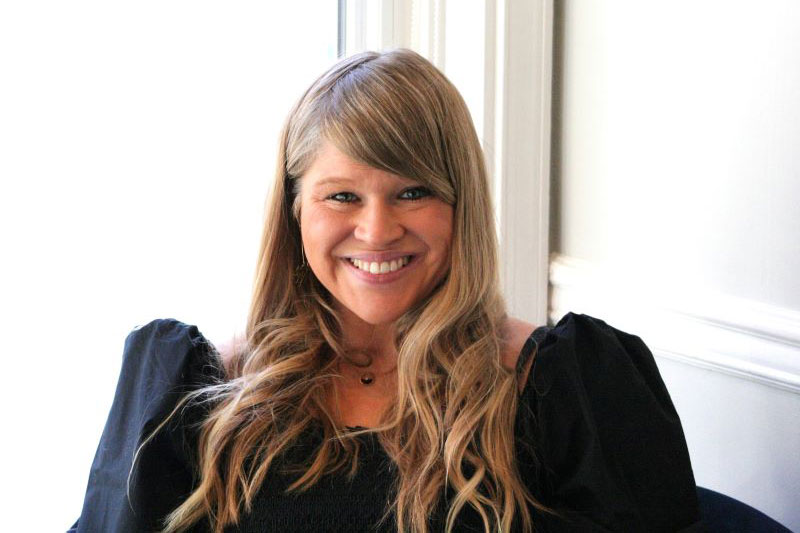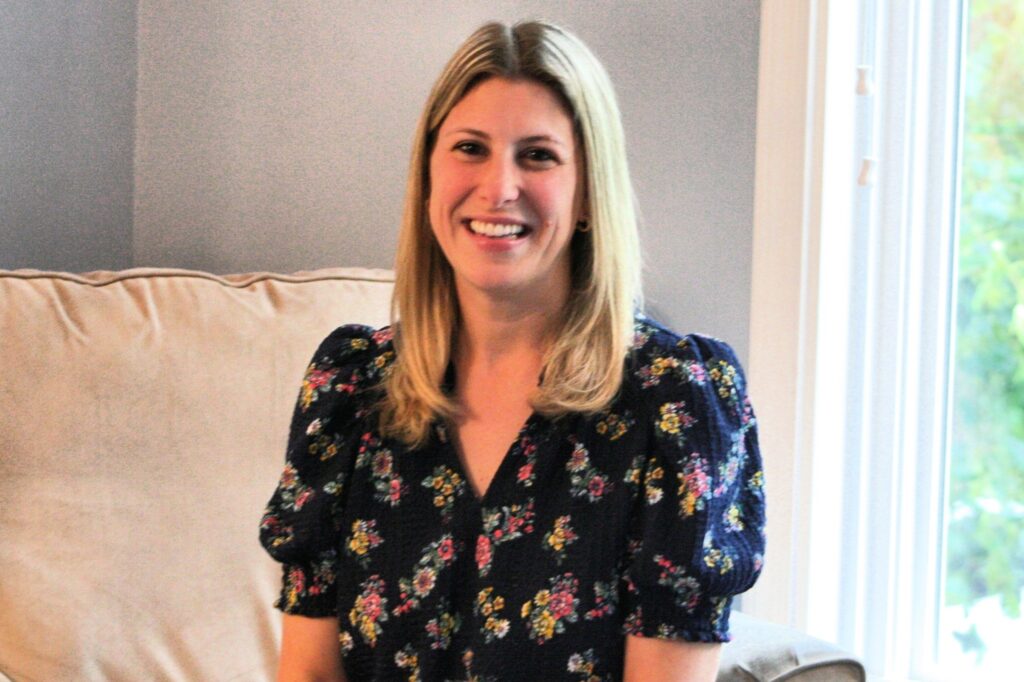Counseling for families can also help you and your family navigate special situations that you may never have imagined would affect your family, such as:
- Changing family dynamics
- Conflict about rules, curfews, friendships
- Sudden or expected loss
- Substance abuse
- Serious health issues
Counseling for families can help transform difficulties into new opportunities that enable you to better connect with each other and grow, not only through this challenge but future challenges too. The tools your family hones with a family therapist will enable your family to better communicate, forge stronger connections and be more resilient.
Good Interactions: The Foundation for Strong Relationships
Intergenerational misunderstandings have been the source of family conflict throughout our history. Unfortunately, it is often only retrospectively that we can see missteps we may have made in our communications, which affected family dynamics negatively over time. Your family therapist can help you proactively identify interactions affecting your family dynamics and help guide conversations to support problem-solving and shift into healthier patterns of communication. Family counseling is often helpful for parents and their adult children, as the relationship has changed and establishing new norms for relating and communicating must also occur. Family therapists can help families navigate boundary setting and communication in adult-child to adult-parent relationships, as well as support the integration of significant others in family systems and communication. Counseling for families supports families’ ability to have healthy discussions, exploration of understanding, and set new joint expectations. Family counseling is also helpful for support as families enter new relationship territories, such as career planning, family homes and location changes, marriages, family planning, and how adult children’s parenting styles may differ from their parents and shared understanding of roles.
Counseling for families offers new and helpful perspectives to help improve interactions through interactive and experiential activities, modeling, and in-the-moment coaching. Your family therapist will provide practical strategies for family members to practice safely in sessions and take home for use in day-to-day situations.
Counseling for families ultimately aims to help your family develop the tools to identify and solve interaction issues, leading to improved communications that support positive understanding and reinforce your love for each other.
Families are As Strong as Individual Members
The tools your family develops as part of counseling for families are only as effective as they can be when they are used and supported by each member of your family.
Each person in your family will have unique perspectives that must be considered. Sometimes, an individual in your family will not be comfortable sharing with the entire family present. There may be issues that are unknown to the family that need to be understood. Your family therapist can be an objective observer who helps to bring better understanding between individuals in a family and acts as a facilitator to guide discussions in a safe, neutral space with shared expectations.
Counseling for families often involves individual sessions as well as family counseling sessions. Crossroads Family Counseling Center provides a broad set of therapeutic settings to support children, adolescents and adult family members.







